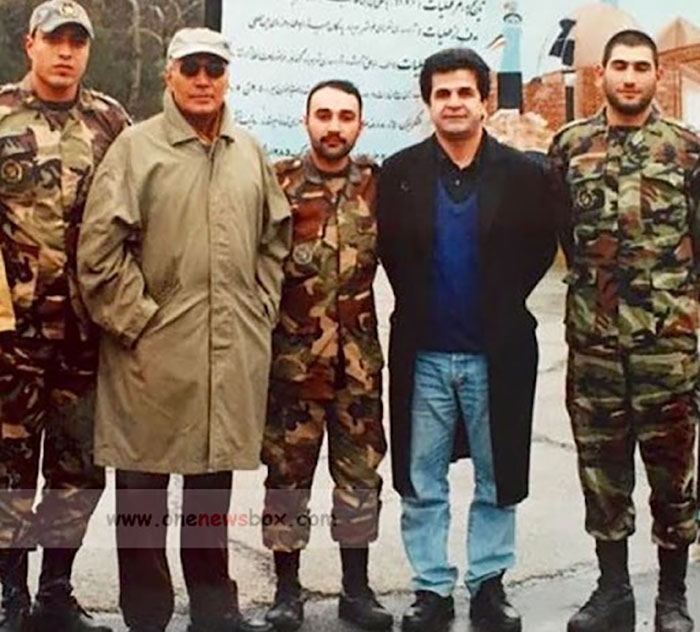Crimson Gold (2003), co-written by Kiarostami, tells the story of a pizza delivery man who becomes disillusioned by the social disparity in Tehran and ultimately commits a shocking act of violence. Like many of Panahi’s works, the film uses realism to depict the psychological toll of inequality. Offside (2006), which won the Silver Bear at Berlin, focuses on young Iranian women who disguise themselves as men to enter a football stadium, cleverly critiquing gender segregation through humor and empathy.
Arrest, Sentencing, and Filmmaking Under Duress
In 2010, Panahi’s ongoing defiance of censorship came to a head. He was arrested while preparing a film about the disputed 2009 Iranian presidential election and charged with “propaganda against the Islamic Republic.” Later that year, he was sentenced to six years in prison and banned for 20 years from making films, writing screenplays, traveling abroad, or speaking to the media.
But Panahi’s creativity could not be silenced. In 2011, he produced This Is Not a Film, a defiant response to his ban. Shot partially on an iPhone and documenting a day in his life under house arrest, the film was smuggled out of Iran on a USB drive hidden inside a cake and premiered at the Cannes Film Festival. This bold act became a landmark moment in global cinema and a rallying cry for freedom of expression.
His 2013 film Closed Curtain (Parde), co-directed with Kambuzia Partovi, continued this theme of isolation, blending fiction with autobiography to depict the psychological toll of censorship. Despite being under surveillance, Panahi made the 2015 film Taxi, in which he drives a cab around Tehran and records conversations with his passengers—each of whom represents a different segment of Iranian society. The film won the Golden Bear at Berlin and received praise for its wit and subversiveness.

